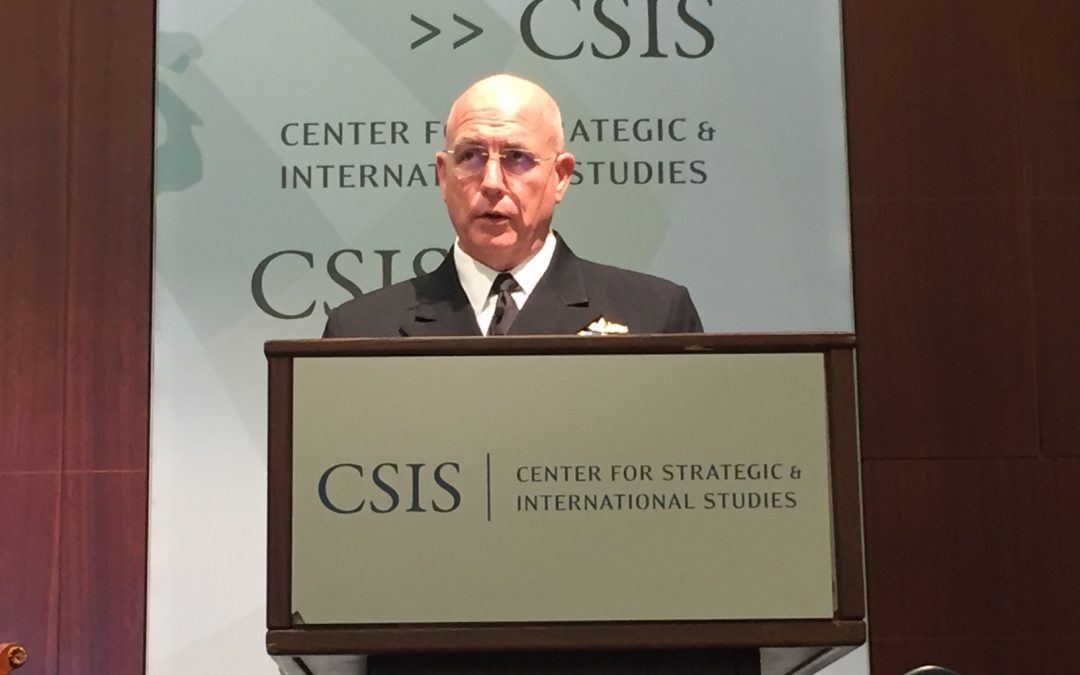WASHINGTON — Smuggled drugs are no longer the top priority for the American military in Latin America; rather, the networks of dangerous groups and individuals that move them are the root issues to be addressed, the admiral who oversees military activities in South and Central America said Tuesday.
“In 2016, drugs alone are no longer the main thing we have to worry about,” said Navy Adm. Kurt Tidd, commander of U.S. Southern Command. “It’s the amorphous, adaptable and networked threats enabling these illicit flows that keep me up at night.”
These transregional networks pose an amplified threat because they connect dangerous people and groups. Instead of focusing exclusively on drug or human trafficking, as has been done in the past, Southern Command needs to be more adaptable and receptive to new approaches.
Although Southern Command has “done a lot with very little,” Tidd said the region needs a greater presence of the Navy, which is hindered by global priorities and focused on other parts of the world. In order to meet the military’s obligations, the command relies heavily on the U.S. Coast Guard, which he referred to as “Southcom’s navy.”
A larger presence can be achieved through a little creativity, Tidd told the Center for Strategic and International Studies. That would include taking advantage of the fact that Navy ships already travel in and around South and Central America.
“We all do well to remember that near things are important, too,” he said of the United States’ southern neighbors. “Now while we must pay attention to the seas and oceans around the world, we shouldn’t lose sight of what’s going on in the waters around our own home.”
A bigger military footprint would also help to combat encroaching Russian influence in the area. In 2014, the Russian defense minister told the media that Moscow was looking into establishing military bases in Cuba, Venezuela and Nicaragua, countries that have a long history with Russia, according to its state-sponsored news agency.
These moves into the region are part of a “competition for influence,” Adm. Tidd said, citing Russian propaganda that has painted the U.S. as an unreliable partner for Latin American nations – one looking to withdraw from the area. In response, the U.S. has chosen to focus on highlighting its commitment to the region.
“Our choice is to find concrete ways to demonstrate to our partners — just as we did with a rapid response to help in the relief of Haiti — that we in fact are the most reliable partner,” he said. “I didn’t see any Russian helicopters out there.”
Tidd, who has visited Haiti twice in the past 10 days, said the U.S. was able to act swiftly to distribute life-saving goods to the island nation, which was hit by Hurricane Matthew earlier this month. The death toll in Haiti has surpassed 1,000, according to a Reuters tally.


